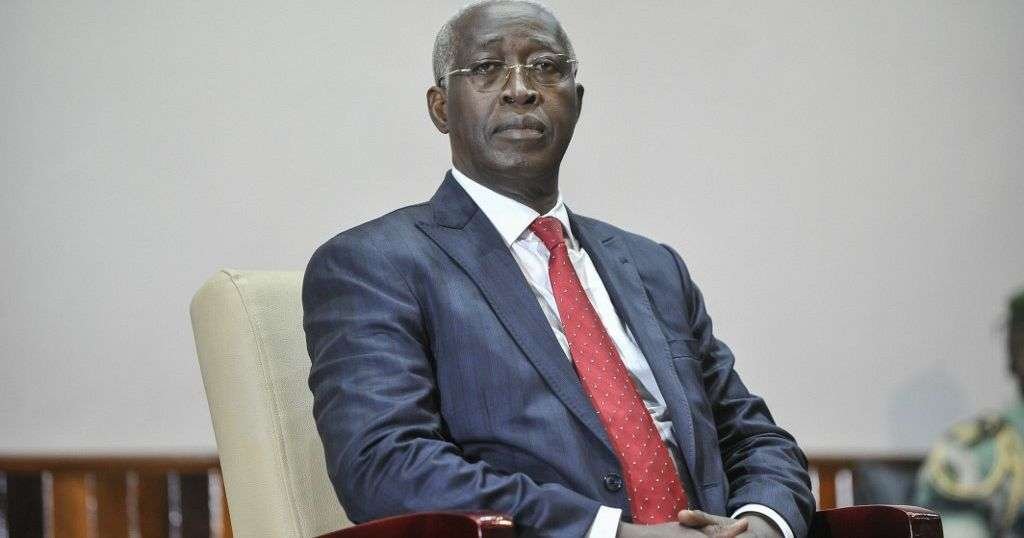Libreville, Gabon – (African Boulevard News) – Gabon’s interim prime minister has announced plans for a national dialogue aimed at fostering unity and inclusivity in the country. This move is seen as a crucial step towards the drafting of a new constitution that will address the concerns and aspirations of the Gabonese people.
In a press conference held earlier this week, Prime Minister Jean Eyeghe Ndong highlighted the importance of engaging all segments of society in the decision-making process. He stressed the need to create a platform where citizens can express their opinions and contribute to the shaping of a new Gabon.
“The national dialogue will serve as a forum for open and constructive discussions on the future direction of our country,” Prime Minister Ndong said. “Through this dialogue, we hope to bridge the gaps among different groups and foster a sense of national unity.”
The prime minister’s announcement has been met with positive responses from various quarters. Political analysts and experts have lauded the initiative, seeing it as a significant step towards addressing the long-standing political challenges in Gabon.
Jean-Baptiste Boutin, a political scientist at the University of Libreville, stated, “The national dialogue offers an opportunity for all stakeholders to come together and find common ground. It is a crucial step towards restoring stability and confidence in Gabon’s political landscape.”
Civil society organizations, too, have expressed their support for the prime minister’s plans. They see the national dialogue as a chance to address social issues and promote inclusivity in decision-making processes.
“We believe that a truly participatory national dialogue can help generate sustainable solutions to the challenges facing our society,” said Alice Mboumba, the president of the Gabonese Association for Human Rights. “By involving citizens from all walks of life, we can create a more inclusive and just Gabon.”
The national dialogue is expected to be an inclusive and transparent process, involving political parties, civil society organizations, youth groups, and ordinary citizens. It will create a platform for open discussions on various topics, such as political reform, economic development, and social justice.
Through this initiative, Gabon aims to lay the groundwork for a new constitution that addresses the needs and aspirations of its people. It is hoped that this dialogue will foster national unity and create a shared vision for the future of the country.
In the coming weeks, government officials will be reaching out to various stakeholders to gather input and ensure broad participation in the national dialogue. The process is expected to be rigorous, but the outcomes have the potential to reshape and redefine Gabon’s political landscape for the better.
As Gabon embarks on this journey of national dialogue, all eyes are on the country, waiting to see how this initiative will shape its future.

